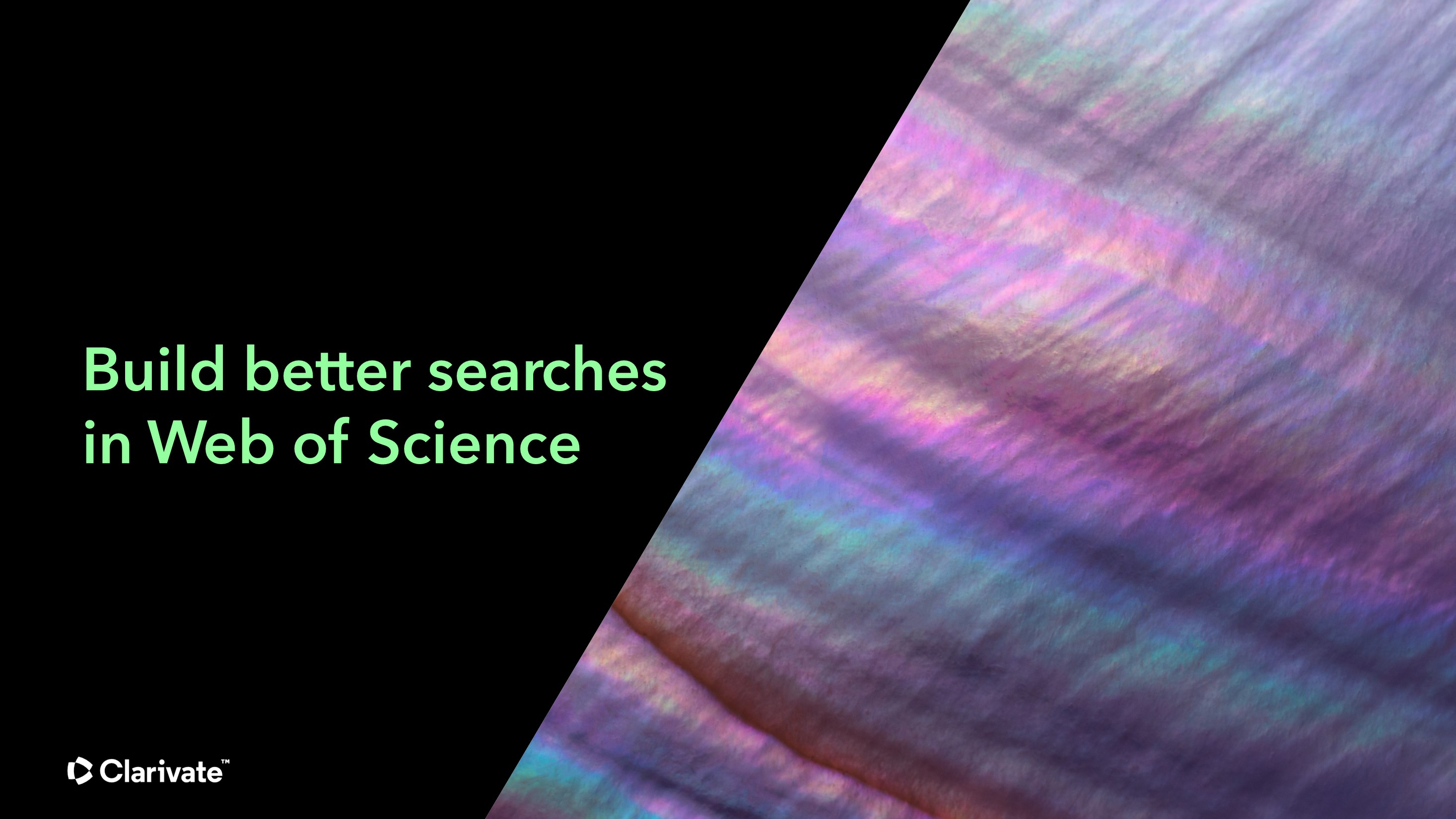
Academic databases bring together quality, peer reviewed literature into a subject-specific collection. Searching in a subject-specific database will return more focused results than you will find through a general Library Search.
PubMed is an interface used to search Medline, as well as additional biomedical content. EBSCO Medline is an interface for searching only Medline content.
PubMed is more user-friendly and allows you to search through more content than EBSCO Medline. However, EBSCO Medline allows you to perform a more focused search. You will get slightly different results by searching in each database.
In PubMed, in addition to Medline articles, you will have access to PubMedCentral papers, which are full text articles deposited to promote open access, and articles that are “in process” that is, prior to being indexed with MeSH terms, and articles submitted by publishers, “ahead of print.” This is why if you search for the same term in Medline and in PubMed, you may obtain as many as ten thousand more articles in PubMed.
Before you give up on searching EBSCO Medline, here is why you may want to use it for certain searches.
All Medline articles have been indexed with assigned MeSH terms. If you have a specific search you are doing you will get the closest, most specific match to your terms by searching in Medline. This is why it is good to perform your search in more than one database.
PubMed Central is an open science platform that enables access to a worldwide collection of life science publications and preprints from trusted sources around the globe.



While some databases are actual collections of online content, others are indexes of articles or other materials. Databases such as Scopus and Web of Science contain citations to the material. Index/citation databases help you discover and identify useful articles for your topic.
Introduction to using Scopus for your literature search webinar
Getting started with Science Direct FAQ
Head to Taylor and Francis' website to read more about the United Nations' Sustainable Development Goals, and watch the video tour below to learn more about the platform itself.
Watch the below video to learn more about this platform.
Another great way to find databases that will help with your study and research in Life Sciences is to use our A-Z list of databases and e-resources. From here, filter to "Life Sciences" to view subject-specific suggestions.